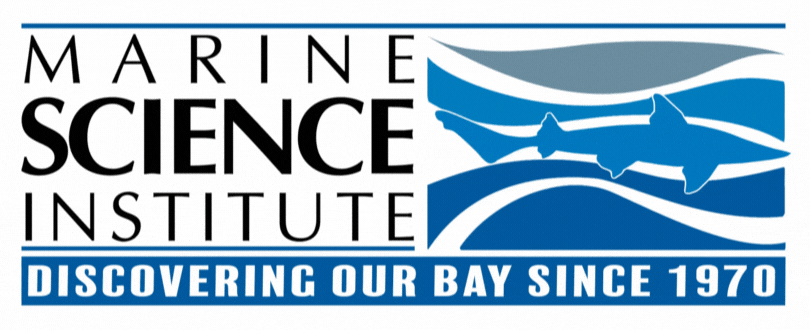
TIDEPOOL EXPEDITION
Monday - Saturday Tide dependent
2.5 hours
Grades 3 and up
Max 75
students
NGSS Connections (Science Content Standards Set by CA Sate Education Board for Public Schools)
3rd - 5th Grade Disciplinary Core Idea's (DCI): LS1.A (Food Web or Adaptation), LS1.B (Adaptation), LS1.C (Food Web), LS1.D (Adaptation), LS2.A (Food Web or Adaptation), LS2.B (Food Web), LS2.C (Adaptation), LS2.D (Adaptation), LS3.A (Food Web or Adaptation), LS3.B (Adaptation), LS4.B (Adaptation), LS4.C (Human Impact or Adaptation), LS4.D (Human Impact or Adaptation), ESS3.C (Human Impact), PS2.B, PS4.A
6th - 8th Grade DCI's: LS1.B, LS2.A (Food Web), LS2.C, LS4.D (Human Impact), ESS3.C (Human Impact), ESS3.D
Tidepool Expedition Pricing
Sep. - Feb. Pricing
$670* - up to 30 students - 2 instructors
$820* - 31 to 45 students - 3 instructors
$970* - 46 to 60 students - 4 instructors
Mar. - Aug. Pricing
$690* - up to 30 students - 2 instructors
$840* - 31 to 45 students - 3 instructors
$990* - 46 to 60 students - 4 instructors
*Sliding scale available depending on need.
All school programs are automatically subsidized. Our development team works hard to secure funds for teachers. If you need additional financial assistance please contact us. We may be able to offer extra scholarships.
Click here to start the additional sponsorship process.
Forms and Information
Meet Marine Science Institute at Pillar Point in Princeton, Half Moon Bay for a guided, hands-on immersion into the rocky intertidal habitat. Instructors guide students through the wet and rocky terrain to discover the fishes and invertebrates that inhabit the tidepools. Using scientific tools including identification keys and transects, students study and safely handle the flora and fauna that are uniquely adapted to the dynamic tidal ecosystem.
In addition to studying the living communities of the tidepool habitat, students also gain an understanding of its structure and formation by stepping into it and watching it change over the duration of their visit. Through this memorable field trip, students develop an appreciation for this complex ecosystem and their connection to it.
*For a more in-depth experience, enjoy this field trip as part of a multiple-exposure Habitat Combo or Scientific Method program. These programs include additional in-class visits that emphasize themes, and provide opportunities for cross-cutting between concepts (NGSS) and building upon prior knowledge. Different grade restrictions may apply.
